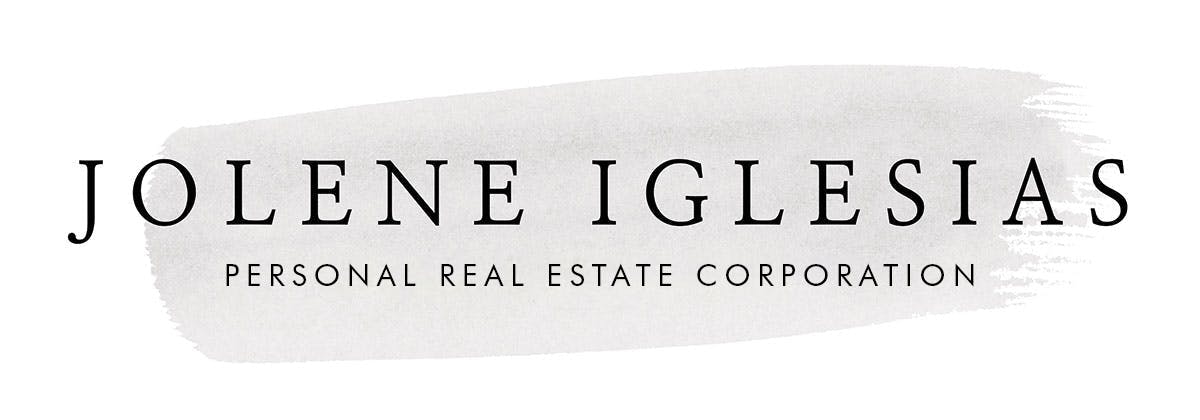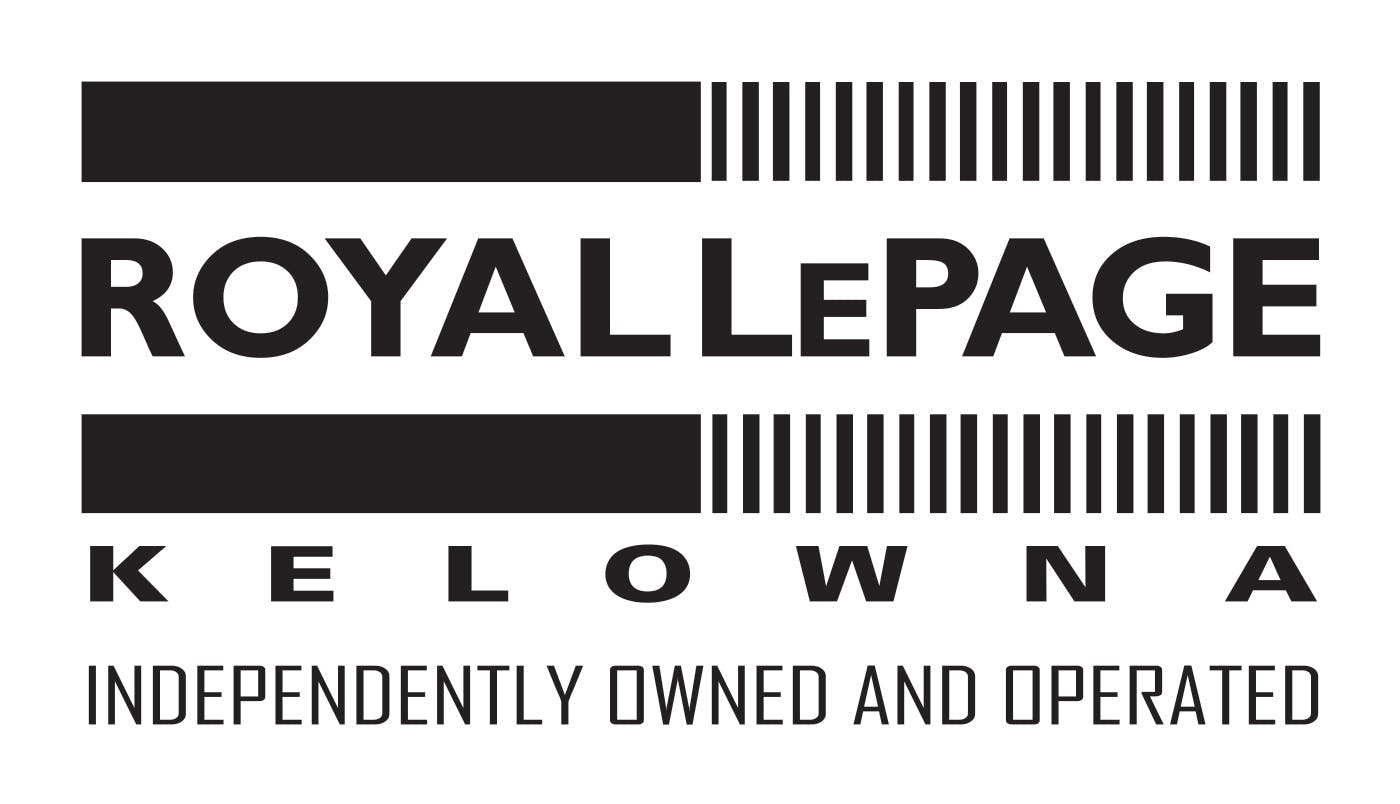Know Your Tax Implications
There are so many tax implications to owning and operating any business. What you pay in tax depends on how you have structured your business.
S A L E S TA X
In most jurisdictions, Airbnb collects and remits the sales tax your guests pay automatically on your behalf (double check your jurisdiction as they may not collect GST on your behalf). VRBO commonly does not do this and you have to add this separately to your pricing and then remit as needed.
Depending on your jurisdiction and income, your vacation rental income could also be subject to taxes you aren’t familiar with. Having a solid understanding of the amount of tax you will pay and then ways to reduce that number, will help you make informed decisions when looking to get into this business.
P E R S O N A L / C O R P O R A T E TA X E S
How are you claiming your rental income? Yes, you have to claim it. A tiny bit of information for you on this one, Airbnb and VRBO take your personal information because they remit collected taxes to the government. You are registered and on file with these platforms as someone who is earning an income through the platforms and the chances of you being audited eventually for claiming this income is NOT unlikely.
How are you going to structure your business? Are you going to add the income to your personal income tax return? Will you set up a corporation for multiple properties or have separate holding companies for property income? There are so many strategies to minimize tax implications. If you are going beyond a single property or two, you should absolutely consult a certified accountant to discuss the best structure for your business.
TA X W H E N S E L L I N G A P R O P E R T Y
Taxes aren’t just applicable when you’re operating your business. They come with selling your property as well. When selling, you may be required to pay a tax called capital gains on any property that is not deemed your principal residence for a selling price of more than you originally paid.
I’ll break this down for you:
You purchased a home in 2015 for $500,000.00 and the home is now worth $700,000.00. The $200,000.00 difference is capital gain and half of this amount is now taxable. ($100,000.00)
You purchased your vacation home in 2015 for $500K and in 2020 the home is now valued at $700K. This appreciation between the original purchase price and the new selling price is your “capital gain”. Half of this amount is now taxable by the tax bracket that you pay on your personal income tax. The rates for this will vary, depending on your personal tax rate.
There are ways to offset this cost and you can use the following list to discuss with your accountant. There are also many strategies to minimize annual tax implications. I will include a list of these things for you also to discuss with your accountant and add to depending on his/her suggestions.
Keep track of:
- Capital losses
- Renovations
- Closing and legal costs for purchase/sale
- Lost rent from vacancy
- Charitable donations
Remember that every expense is a write-off. A dollar saved is a dollar made.
WRITE-OFFS
Remember that every expense is a write-off. A dollar saved is a dollar made and we are here to make money, not donate it to the government.
To start, you should have an organized system online for email receipts (DropBox, Receipt Bank, QuickBooks, etc.) and a filing system for loose receipts. Save everything! Depending on how you structure this business, you may also consider talking to your accountant about incorporating. This could be a great benefit to you if you plan on having multiple properties.
Have a detailed cost analysis spreadsheet template that’s pre-programmed for you to use to track your expenses for your Airbnb. Customize it to suit your unique needs. As you start the business and grow, you’ll start to realize where you need to reduce expenses. What can you do to save money each month based on the numbers in this spreadsheet and where can you afford to invest? It’s amazing how quickly money slips through the cracks when you’re starting a business. Having a spreadsheet is crucial for you to help understand your ROI.


